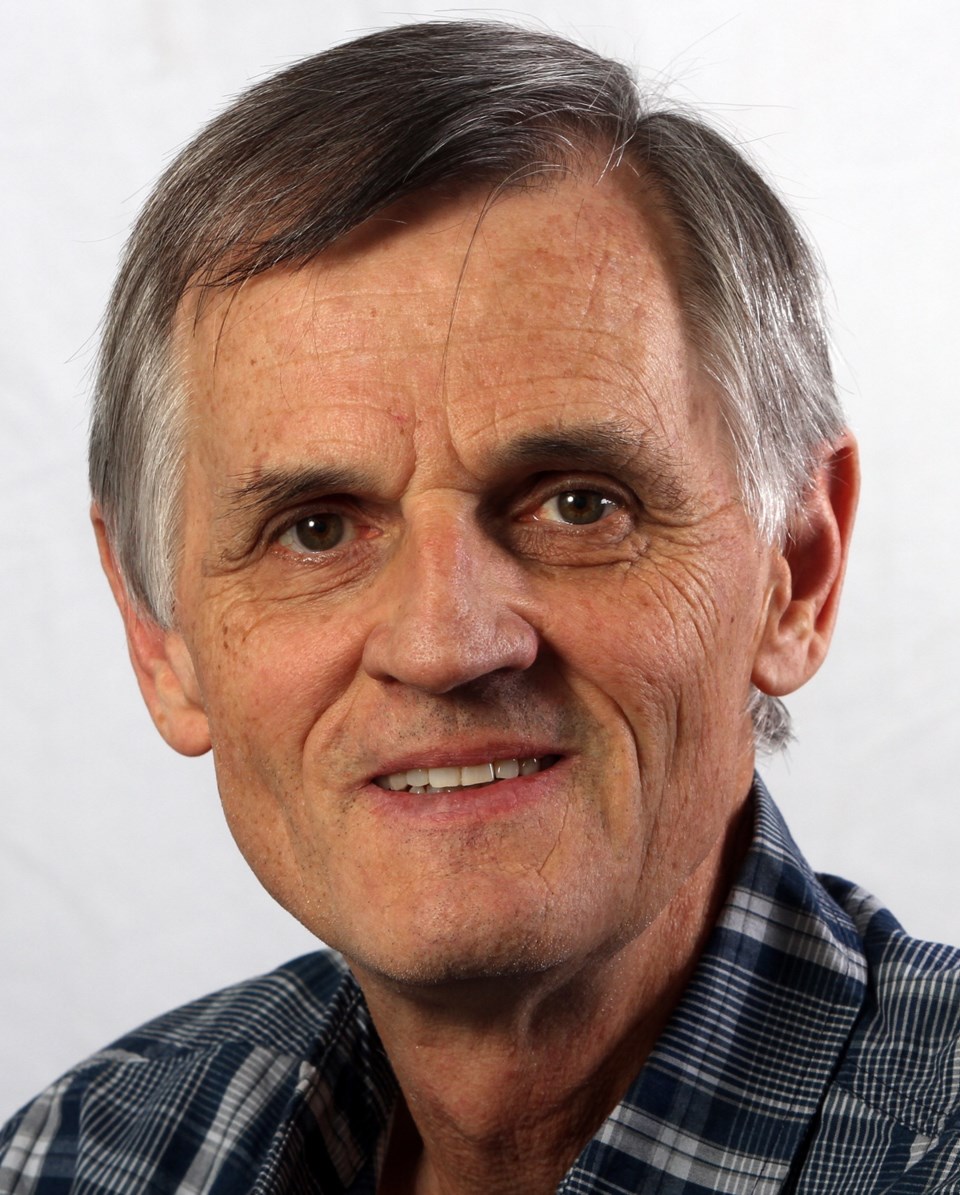 History, as we studied it in high school, was a dreary, dusty topic, not much more than a list of old dates, distant places and long-dead leaders. We memorized the information, regurgitated it at exam time and moved on, unmoved by what we had learned.
History, as we studied it in high school, was a dreary, dusty topic, not much more than a list of old dates, distant places and long-dead leaders. We memorized the information, regurgitated it at exam time and moved on, unmoved by what we had learned.
What a pity. History was all around us, and we did not recognize it.
What little was taught of the First and Second World Wars dealt with battles, timelines and politics. And yet, we lived among those who had lived through those wars, soldiers who had fought and returned, parents and siblings of the soldiers who didn’t come home, and even people who experienced the war from the other side.
We heard a few things. We had a scoutmaster who had served in both world wars. He would mention war experiences in passing, if they were relevant to the subject at hand, but he never went into much detail.
Once a year, we would ponder briefly the names on the cenotaph as we stood at attention in our Boy Scout uniforms, ears freezing under the brims of our Baden-Powell hats, waiting to see if the bugler could make The Last Post recognizable before his lips froze to the mouthpiece of his trumpet.
The veterans didn’t talk much about their experiences in those days. Perhaps the memories were still too fresh. Perhaps they preferred to concentrate on running our towns, businesses, farms and schools, rather than pulling scabs off unseen wounds not yet healed.
It has since been my good fortune to interview veterans and others touched by war. Theirs is the history we should have been taught. Their experiences would have given us a better understanding of how things really were. We need to remember that the major part of “history” is “story.”
Bob Smith told me his most memorable Christmas occurred in North Africa. After recovering from a wound, he was dropped off in a deserted village on Christmas Eve to await the arrival of his regiment the next day. He was 21 and alone.
“I felt so sorry for myself, I cried like a big baby,” he said.
I wrote his story, a copy of which ended up in the hands of an Austrian, who recognized the young soldier in the accompanying photo as the man who had captured him in Italy. He wanted to meet Smith.
At the Graz, Austria, airport, I watched as the two met again. The first time they met, one was pointing a bayonet at the other. This time, they greeted each other with a huge hug. Two former enemies became friends.
In Belgium and the Netherlands in 2005, I saw white-haired Canadian veterans weeping as they stood before the graves of their comrades. In a town that had been liberated by Canadians, former soldiers were treated as celebrities.
One veteran choked up when schoolchildren pushed forward to shake his hand and say: “Thank you, sir.”
“Nobody ever said that to me at home,” the veteran said, wiping away the tears.
In a Dutch town he and his tank-regiment comrades had liberated, Danny McLeod showed me bullet holes in a brick wall, made when the machine gun on his tank was accidentally set off by a boy who was part of the cheering crowd welcoming the Canadian soldiers. Two teenage girls were killed by that accidental gunfire.
“I saw people killed in battles; I saw friends die, but those were the saddest deaths of the war for me,” McLeod said.
Many of those who survived came home with wounds, visible and otherwise, that never went away. Many carried with them a sense of guilt that they survived when so many had died.
If anyone thinks that Remembrance Day and red poppies are about glorifying war or the military, they haven’t talked to those who experienced war. Their stories tell of the ugliness, the brutality, the unfairness of war, but in their stories can be found a determination that freedom is worth fighting for.
We have lost many of those veterans, but we should not lose their stories. They give meaning to history.


